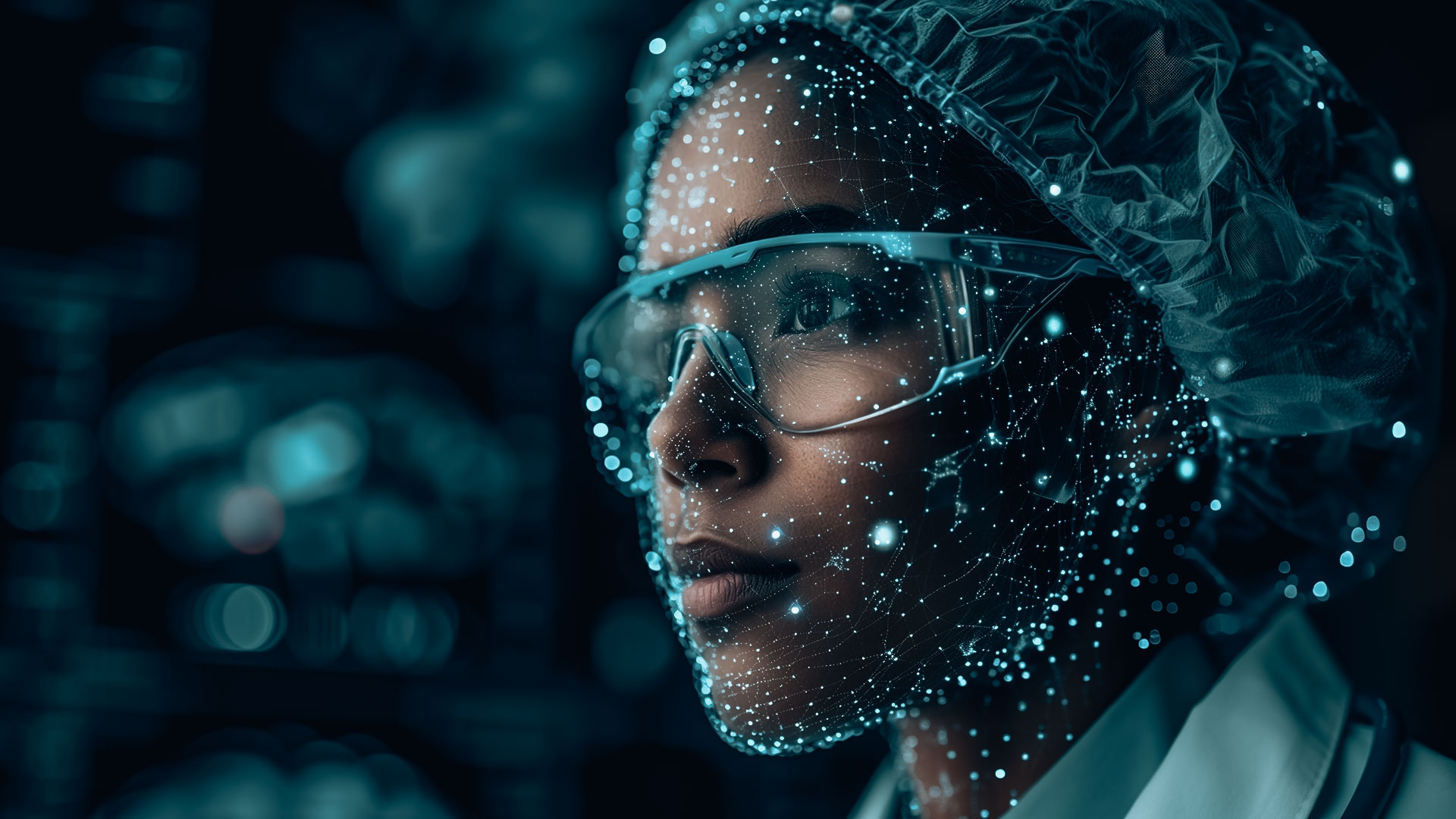Introduction: A New Dawn in Healthcare Technology
In the autumn of 2022, the advent of ChatGPT marked a significant turning point in artificial intelligence (AI). This groundbreaking technology has since catalyzed a revolution, particularly in the healthcare sector. With AI’s expanding role, the healthcare narrative is being rewritten – from diagnosing rare diseases to empathizing with patients, AI is redefining the boundaries of medical care and technology.
ChatGPT: A Game-Changer in Medical Diagnosis and Empathy
Reports in 2023 highlighted ChatGPT’s remarkable ability to diagnose rare diseases, surpass medical exams, and interact with patients more empathetically than some human doctors. This shift is not just about technological advancements but also about fostering a more patient-centric approach in healthcare.
Dave and Digital Mentorship in Oncology
The introduction of AI-powered chatbots, such as Dave, a mentor for cancer patients, exemplifies AI’s potential in providing specialized support and guidance. These tools, developed on large language models like ChatGPT, are now part of the healthcare landscape, offering a unique blend of knowledge and emotional support.
Integrating AI into Electronic Health Records (EHR)
Leading companies like Oracle, Google, Epic, and Microsoft are integrating generative AI into EHR systems. This integration signifies an end to the cumbersome process of manual data entry and inefficient navigation through clinical information, heralding a new age of efficiency and accuracy in medical data handling.
The Rise of Prompt Engineers in Hospitals
Hospitals increasingly employ prompt engineers to facilitate AI communication, integrating generative AI into clinicians’ workflows. This innovation aids in reviewing research findings and streamlining patient communication, significantly enhancing the quality of care.
Digital Advisors: The On-Demand Revolution
Generative AI has ushered in an era where creating texts or images based on user instructions is seamlessly possible. OpenAI, a frontrunner in this domain, announced significant advancements at the OpenAI DevDay in November 2023, indicating a future where AI-driven personal assistants are as common as smartphone apps.
The GPT Store: A Hub for AI Applications
The GPT Store, introduced by OpenAI, mirrors the Apple and Google app stores. It offers a variety of AI-driven solutions, from lifestyle optimization to disease prevention, tailored to individual needs.
Conversational AI in Healthcare
Healthcare is set to benefit immensely from conversational AI, which will remember past interactions and adapt to user preferences. This technology will manifest in three key areas:
- Personalized Chatbots for Patients: These AI advisors will offer tailored advice, interpret lab results, and guide lifestyle adjustments.
- Assisting Doctors: AI will aid in synthesizing new research and managing electronic medical records, enhancing clinical efficiency.
- Facilitating Patient Flow: AI will streamline appointment scheduling, reminders, and routine healthcare communications.
The Future of AI in Healthcare
This technological leap in AI is comparable to the smartphone revolution. Just as touchscreens replaced physical keyboards, AI assistants will transform how we manage health, making it more interactive, personalized, and efficient.
The Evolution of AI: From Diagnosis to Emotional Support
The ongoing development of AI in healthcare extends beyond mere diagnostic support. These advanced systems can offer emotional support and companionship, addressing loneliness and mental health issues. This aspect of AI shows a profound understanding of the human condition, where technology is not just a tool but a companion.
ICT & Health World Conference 2024: A Glimpse into the Future
The upcoming ICT & Health World Conference, scheduled for May 14th to 16th, 2024, promises to showcase these revolutionary technologies. It offers an opportunity for healthcare professionals and technology enthusiasts to experience firsthand the innovations shaping the future of healthcare.
Conclusion: Navigating the AI-Driven Healthcare Landscape
As we stand on the brink of this new era, critically evaluating and navigating AI’s integration in healthcare is crucial. While AI offers remarkable benefits, it also poses ethical, privacy, and accuracy challenges that must be addressed. The healthcare community must collaborate to implement these technologies responsibly, with patient welfare at the forefront.
The transformation brought about by AI in healthcare is not just a technological leap; it is a paradigm shift in how we approach health and wellness. As we embrace these changes, we must balance technological innovation and the human touch at the heart of healthcare.
References




